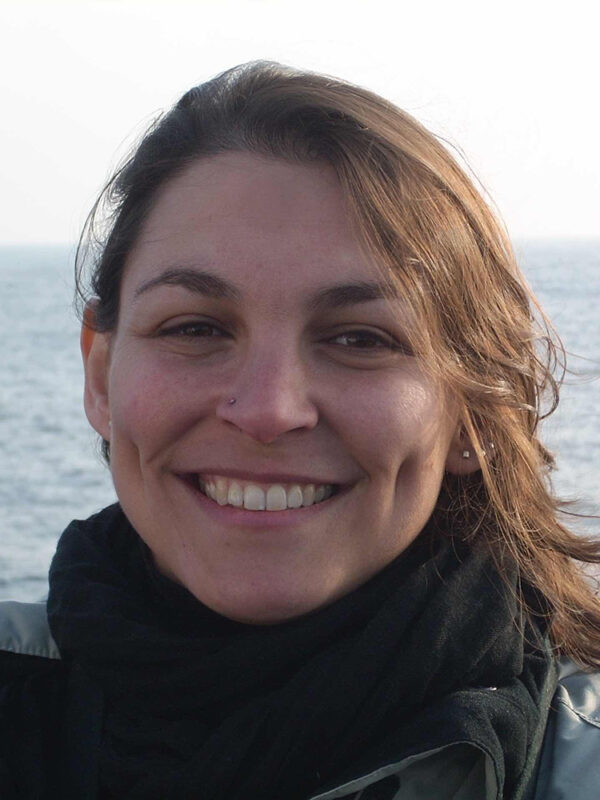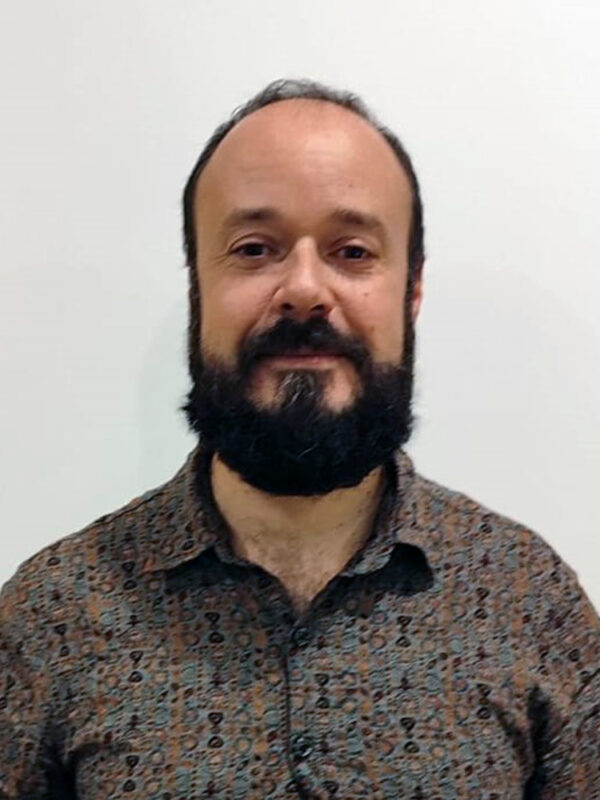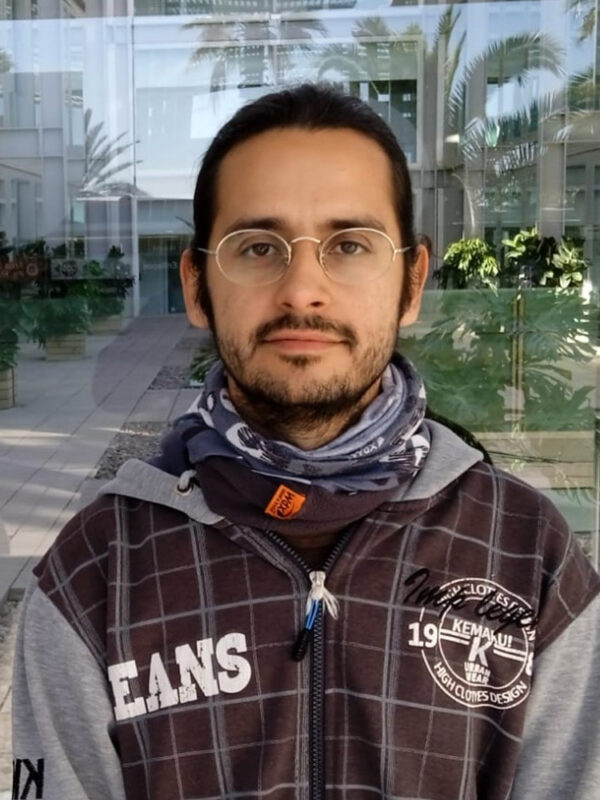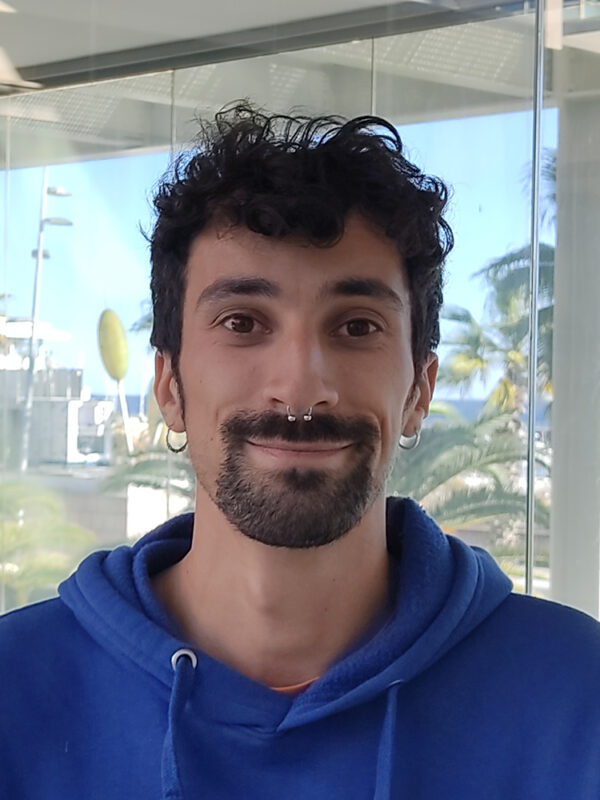Barcelona Expert Centre (BEC), ICM, CSIC
The Barcelona Expert Centre on Remote Sensing, a joint initiative of the Spanish Research Council (CSIC), the Polytechnic University of Catalonia (UPC), and the Institute of Space Studies of Catalonia (IEEC), whose aim is to develop, produce and routinely serve added-value ocean remote sensing products. Since 2019, ICM co-manage jointly with the Joint Research Centre of the European Commissions, the AERONET-OC site at the Casablanca Platform in the Western Mediterranean Sea.
Website
Marco Talone
Position: Investigador Distinguido/miembro del equipo


Telecommunications Engineer and Ph.D. in Remote Sensing with 15-year experience in microwave and optical radiometry and demonstrated expertise in the evaluation and improvement of in-situ measurement methods applied for the validation of satellite products, in the characterization of optical sensors, and in the development of remote sensing retrieval algorithms. During his career he has had the opportunity to work for some of the leading institutions of the European remote sensing as the European Space Agency and the Joint Research Centre of the European Commission, and to collaborate with top-level international agencies as the EUMETSAT, NASA and NIST for the improvement of satellite data processing algorithms. He has been PI and member of several national and international projects on marine optical remote sensing, and participated in 11 oceanographic cruises.
Borja Sánchez López
Position: Investigador Posdoctoral/miembro del equipo

Undergraduate and master's studies in Mathematics at the UB (Universitat de Barcelona). Completed a Ph.D. in function optimization for machine learning at the UB, focusing on designing convergent and computationally efficient natural gradient algorithms. The thesis includes contributions to the development of a new theory for algorithm convergence proofs. With 6 years of research experience in function optimization and AI algorithm design, participated in various projects at the IIIA (Institut d’Investigació en Intel•ligència Artificial). Additionally, gained one year of experience in the private sector designing a Natural Language Processing (NLP) deep learning model for gender and institution detection of Twitter users based on name, screen name, and bio user information. Currently working at the ICM (Institut de Ciències del Mar) in Barcelona on a postdoctoral contract as part of the PetriMed project.
Gonzalo Martínez Fornos
Position: Investigador Predoctoral/miembro del equipo


Environmental scientist specialized in marine ecosystems, currently pursuing a Ph.D. in Marine Sciences at the Institute of Marine Sciences (ICM-CSIC) and the Polytechnic University of Catalonia (UPC). His research focuses on the fascinating area of ocean optics and ocean color, delving into the use of optical radiometry for the analysis of phytoplankton in the Mediterranean Sea, specifically focusing on phytoplankton functional types (PFTs) in marine waters. superficial. Furthermore, he has actively contributed to the advancement of knowledge in this field through his participation in an oceanographic cruise through the Mediterranean Sea.

Eva Flo
Position: Investigadora Posdoctoral/miembro del equipo

Ph.D. in Marine Sciences (UPC and UB, Spain), M.S on Environmental Technology (UPC), M.S on Biosciences, Environment, and Health (AMU, France) and B.S in Biology (UB). She works in the Institute of Marine Sciences (ICM-CSIC), where she is an expert in land-ocean interactions and their effects on the coastal zone, particularly in the eutrophication process. Her research focuses on the characterization and evaluation of the environmental quality of coastal waters, based on physicochemical and phytoplanktonic parameters, and on the identification of anthropogenic impacts. Her expertise on the coastal zone has allow her to be involved in the implementation of the WFD and the MSFD since their enforcement, at local, national and European level, and to suggest recommendations aimed at the achievement of the ICZM, under the Ecosystem Approach. Since 2018, she has been working on remote sensing with the aim of merging field and satellite data to improve marine water quality assessments, as required by the above Directives.
Back







